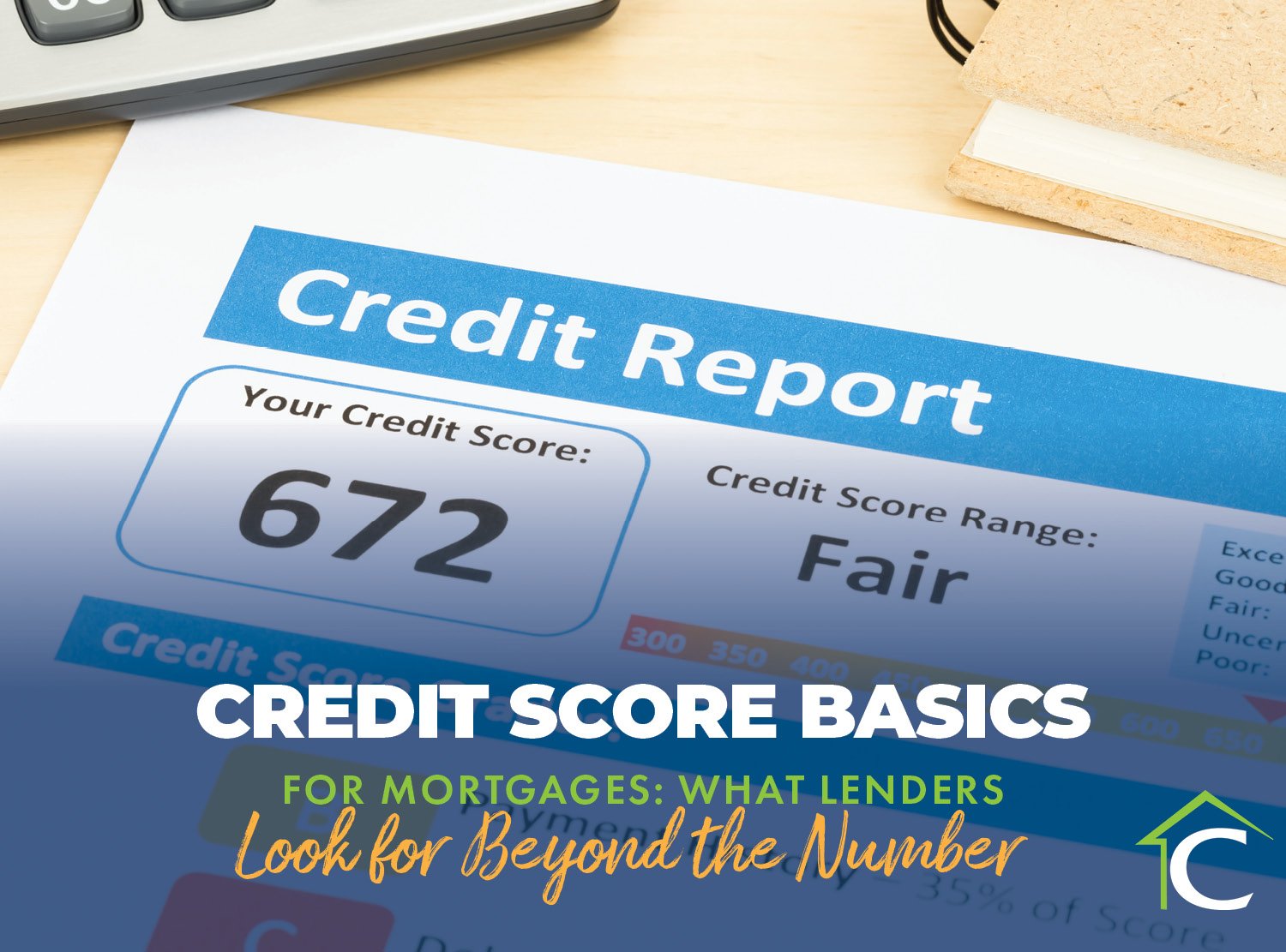Editor’s Note: This blog post was originally published in March 2021 and has been revised to reflect industry updates.
Insured and subsidized by U.S. federal agencies, the most common government-backed mortgages are offered through the Federal Housing Administration (FHA), U.S. Department of Agriculture (USDA), and U.S. Department of Veterans Affairs (VA) for active and retired U.S. military personnel.
There are several considerations when choosing the right mortgage, such as qualifications, requirements, down payments, and credit scores. Whether you’re a first-time or repeat home buyer, government-backed loans offer several advantages when seeking your dream property!
While each boasts unique benefits, all can aid borrowers with home purchases, improvement and rehab projects, or refinancing.
Learn more about the benefits, qualifications, and requirements of government-backed home loans offered through Contour Mortgage.
Benefits of A Government-Backed Mortgage
Government-backed home loans are only available through approved lenders such as Contour Mortgage, and feature less stringent requirements.
Borrower benefits include lower credit ratings and debt-to-income (DTI) ratios. Previously resolved financial issues such as bankruptcies, liens, and foreclosures may also be considered. Borrowers with good or excellent credit, balanced DTI, and down payment of 20 percent or more may additionally enjoy extra closing cost allowances and credits.
These loans also offer first-time home buyer and improvement project grants through various state, local, and nonprofit organizations. Visit the U.S. Department of Housing and Urban Development (HUD) website, or check with the aforementioned agencies to learn more.
Government-Backed Mortgage Qualifications
& Requirements
FHA and USDA loan recipients putting down more than 20 percent are exempt from purchasing private mortgage insurance (PMI) or mortgage insurance premiums (MIPs). VA loans are excluded from these requirements, regardless of down payment.
All three can finance single-family homes, multi-family dwellings, and condos and co-ops used as primary residences. This also applies to home improvement or rehabilitation projects, refinancing, and reverse mortgages.
Government-Backed Mortgage Types
The three most common government-backed loans are available through the FHA, USDA, and VA. These differ from Fannie Mae and Freddie Mac—both of which are government-sponsored, mortgage-backing entities.
Depending on your goals, it’s best to work with a Contour Mortgage representative to understand which loan is right for you.
FHA
Originally established during the Great Depression to promote home ownership for young families, FHA loans are available with 3.5 percent down payments. Primarily offered as 30-year, fixed-rate mortgages, qualified recipients often experience quick approvals and closings. Credit ratings usually aren’t a factor when applying for a FHA loan. Closing costs and other fees could also be paid by sellers, builders, or lenders.
Not all FHA loan limits are the same throughout the United States. These can vary by county, depending on market conditions and cost-of-living expenses. Consult the FHA Mortgage Limits Tool for specifics.
FHA loans are assumable: An outstanding mortgage from a seller with a current FHA loan can be transferred to the new buyer.
HUD updated its prepayment penalties on FHA loans in 2015. The department ruling states borrowers will only be responsible for interest charges through the date the mortgage loan was paid.
Family members, friends, or other donors without any vested property interests can gift borrowers up to 100 percent of this loan, provided the funding is used for home purchases or improvements, closing costs, and other fees. Donors exceeding an Internal Revenue Service (IRS) $15,000 limit will also be required to claim gifts or donations on applicable income tax returns. Learn more about gifting on the HUD website, or contact Contour Mortgage for assistance.
203(k) Renovation Loans
Utilized to finance a fixer-upper or rehab property, FHA 203(k) home improvement loans are based on the home’s appraised value following improvements and upgrades. PMI isn’t required, but upfront guarantees and annual fees are still necessary—the former is 1.75 percent of the loan, the latter 0.35 of outstanding principal.
Depending on the scope of work to be performed, these are available as two options: Limited or Streamline 203(k) loans are best for flooring, plumbing, kitchen and bathroom renovations, and other cosmetic improvements. Standard loans are for larger projects mending fire and flood damage, neglect, or code violations.
Reverse Mortgages
Those aged 62 and older can switch to an FHA-sponsored reverse mortgage if currently living in their primary residence with a low loan balance. Available as a Home Equity Conversion Mortgage (HECM), it taps into accrued equity as cash toward remaining principal or home improvements.
Borrowers aren’t required to make any payments until the home is sold.
USDA
Fostering home ownership in rural and sparsely populated communities, USDA loans are backed by the Rural Development Guaranteed Housing Loan Program. Geared toward low- to middle-income borrowers in sparsely populated areas, this loan doesn’t require down payments and closing fees, or mortgage insurance. Borrowers can only purchase homes up to 2,000 square feet, and income levels must be below the limit for respective metropolitan areas and family sizes.
USDA loans also require two years of steady income, favorable credit history, and a balanced DTI.
VA
As a VA-approved and military-friendly community lender, Contour Mortgage is honored to assist active service members, veterans, and eligible surviving spouses in achieving home ownership.
Established during World War II to ensure those who served could effectively care for their families, VA loans are suitable for primary residence home purchases or improvement projects. Borrowers must have served at least six months active duty— reservists and National Guard members are eligible after six years, or active duty for a minimum 181 days. Combat military personnel serving 90 days could also qualify.
Similar to USDA loans, these don’t require a minimum down payment or mortgage insurance. Additional benefits include lower closing costs and DTI requirements, and credit counseling.
VA loans acquired after March 1, 1988 are assumable by qualified borrowers.
5 Government-Backed Mortgage FAQs
1. Can I obtain a government-backed mortgage if I’m a first-time home buyer?
Yes! First-time and repeat home buyers qualify per specified criteria.
2. Can I bundle a home improvement loan into my government-backed mortgage?
FHA 203(k) rehab loans are suitable for borrowers seeking a fixer-upper or rehab project.
3. Will I still qualify with below-average credit history?
Yes! Lower credit scores won’t prevent FHA or VA loan qualification. The USDA requires slightly higher credit, but less than that of conventional mortgages.
4. I cannot afford a 20 percent down payment. Will that prevent me from obtaining a mortgage?
Most FHA loans require just 3.5 percent down. VA and USDA loans offer 100 percent financing options to qualified borrowers, with higher monthly mortgage payments.
5. Is there a loan amount limit on any government-backed mortgage product?
Each loan has its own set of requirements. It’s best to research each agency’s respective website.
The Takeaway
If you’re still deciding which government-backed loan is best, contact a reputable mortgage lender to help with accompanying requirements, qualifications, and benefits.
Contact Contour Mortgage for a free consultation and to learn more about required information and financial documentation for government-backed loans.

















